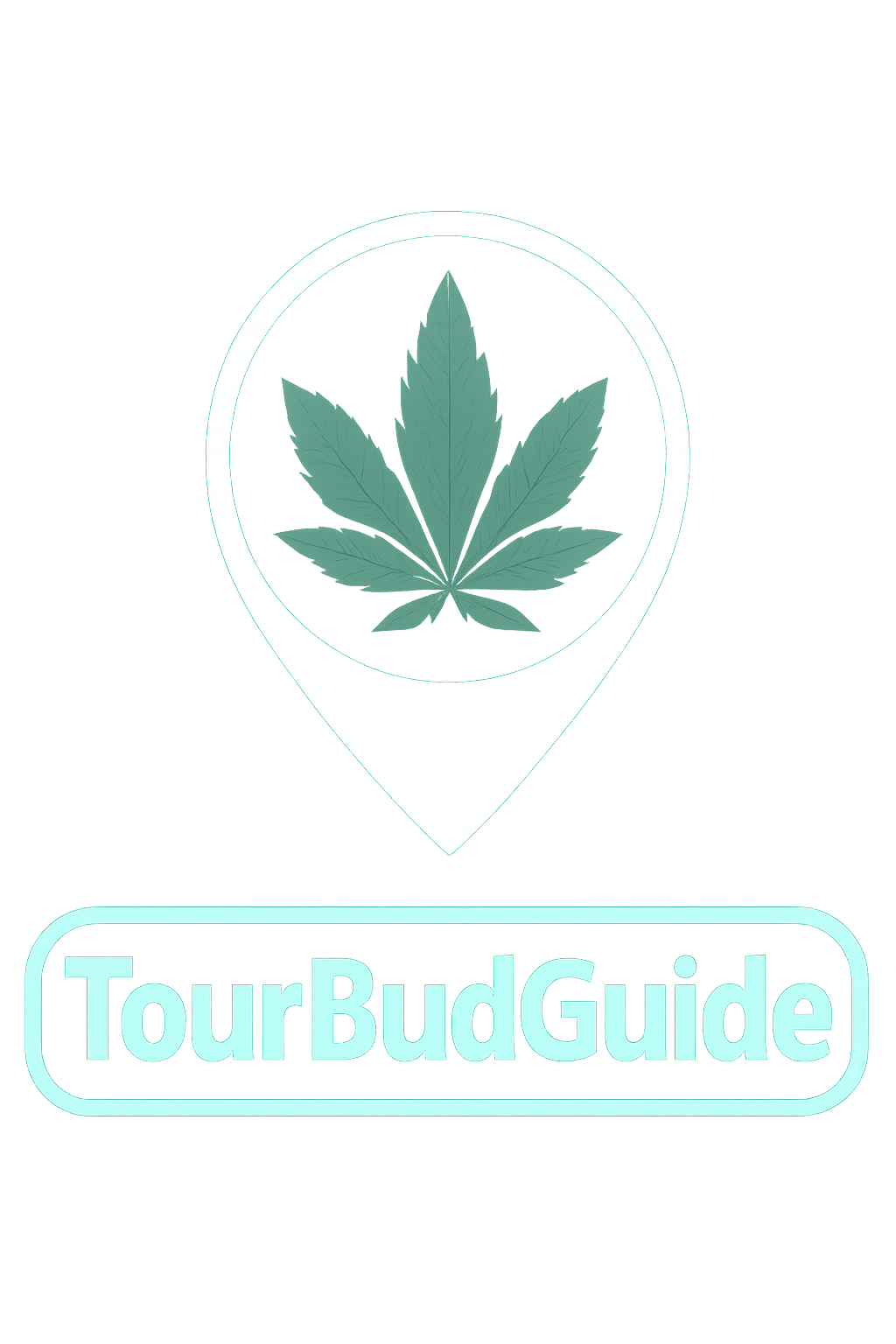
Discovering Cannabis in Syria: Laws, Culture, and Society
Discovering Cannabis in Syria located in the heart of the Middle East, is a country with a rich historical heritage, diverse cultures, and complex modern challenges. Cannabis, often referred to locally as “hashish” or “ganja,” has a presence in Syria, shaped by historical, cultural, and legal factors. To “discover weed in Syria” is to explore the legal framework, cultural attitudes, historical context, and public health policies surrounding cannabis in the country. Discovering Cannabis in Syria
syria, located in the heart of the Middle East, is a country with a rich historical heritage, diverse cultures, and complex modern challenges. Cannabis, often referred to locally as “hashish” or “ganja,” has a presence in Syria, shaped by historical, cultural, and legal factors. To “discover weed in Syria” is to explore the legal framework, cultural attitudes, historical context, and public health policies surrounding cannabis in the country.
syria, located in the heart of the Middle East, is a country with a rich historical heritage, diverse cultures, and complex modern challenges. Cannabis, often referred to locally as “hashish” or “ganja,” has a presence in Syria, shaped by historical, cultural, and legal factors. To “discover weed in Syria” is to explore the legal framework, cultural attitudes, historical context, and public health policies surrounding cannabis in the country.
1. Historical Context of Cannabis in Syria
Cannabis has a long but mostly clandestine history in Syria:
- Ancient Use: Evidence suggests that cannabis has been used in the Middle East for centuries, primarily for medicinal, spiritual, and recreational purposes.
- Traditional Communities: In rural areas of Syria, small-scale cannabis cultivation occurred historically, often for personal use or local trade.
- Modern Awareness: In the 20th century, cannabis awareness grew due to globalization, regional trade, and migration, though strict laws and social norms limited public consumption. Discovering Cannabis in Syria
Historically, cannabis has been present but socially controlled, particularly due to religious and cultural norms.
2. Legal Status of Cannabis in Syria Discovering Cannabis in Syria
Cannabis is illegal under Syrian law, and enforcement is strict, although current circumstances vary by region:
- Possession: Possessing cannabis for personal use is prohibited. Legal consequences range from fines to imprisonment, depending on the amount and local enforcement.
- Cultivation: Growing cannabis is illegal. Law enforcement monitors and confiscates cultivation sites, particularly those intended for trafficking.Discovering Cannabis in Syria
- Trafficking and Sale: Selling or distributing cannabis is considered a serious crime with severe penalties, including long-term imprisonment.
- Medical Cannabis: Syria does not have a formal legal framework for medical cannabis. Any therapeutic use is largely unregulated and unofficial.
The legal framework reflects strict prohibition for both recreational and medical use, consistent with regional norms.
3. Cultural Attitudes Toward Cannabis
Cannabis is heavily stigmatized in Syrian society:
- Religious Influence: Islam, the dominant religion in Syria, prohibits intoxicants, which strongly influences social norms against cannabis use.
- Social Perception: Cannabis use is often associated with immorality or criminal behavior, and public consumption is socially unacceptable.
- Youth Awareness: Despite legal and social restrictions, some younger Syrians are aware of cannabis through media, travel, and social networks, but recreational use is rare due to legal risks and cultural stigma. Discovering Cannabis in Syria
Cultural attitudes reinforce strict legal enforcement and limited public tolerance.
4. Public Health and Education Policies Discovering Cannabis in Syria
Syria addresses cannabis primarily through law enforcement and public health advisories:
- Education Programs: Schools and community organizations provide information about the dangers of drug use, including mental health risks, addiction, and legal consequences.
- Law Enforcement: Police actively monitor possession, cultivation, and trafficking. Enforcement is strongest in urban centers and government-controlled regions.
- Rehabilitation Services: Access to drug rehabilitation and counseling is limited due to ongoing conflict and resource constraints, though NGOs provide some support where possible. Discovering Cannabis in Syria
Public health strategies emphasize prevention and law enforcement, with limited treatment infrastructure.
5. Cannabis in Urban and Rural Areas
Cannabis prevalence differs geographically:
- Urban Areas: Cities like Damascus, Aleppo, and Homs have limited recreational use. Those who consume cannabis often do so discreetly in private settings.
- Rural Areas: Some rural regions historically cultivated cannabis for personal use, but cultivation and trade are illegal. Enforcement varies depending on local authorities.
- Conflict Zones: In areas affected by ongoing conflict, regulation is inconsistent, which can lead to both clandestine cultivation and increased trafficking risks. Discovering Cannabis in Syria
The urban-rural divide reflects differences in visibility, enforcement, and risk.
6. Cannabis and Tourism Discovering Cannabis in Syria
Tourists in Syria must be extremely cautious:
- Recreational cannabis is illegal, and possession or use can result in arrest, fines, imprisonment, or deportation.
- Medical cannabis is not legally available. Discovering Cannabis in Syria
- Participation in black market transactions is dangerous, particularly given legal enforcement and instability in certain regions.
Tourists must strictly adhere to Syrian laws to avoid severe legal consequences.
7. The Black Market and Informal Use Discovering Cannabis in Syria
Despite strict laws, a small black market exists:
- Cannabis is sometimes sold informally, particularly in urban centers or conflict-affected areas.
- Enforcement is focused on trafficking and distribution networks, though instability can make policing inconsistent.
- Products are unregulated, creating health and safety risks for consumers.Discovering Cannabis in Syria
The black market reflects a gap between demand and legal restrictions, but engagement carries high risk.
8. Economic and Social Implications
Cannabis has no legal economic significance in Syria:
- Rural Livelihoods: Small-scale cultivation occurs covertly for personal use, but legal penalties discourage commercial production.
- Criminal Risk: Involvement in cannabis trade can lead to long-term imprisonment, fines, and social stigma.
- Social Stigma: Cannabis users often face negative social judgment, particularly in conservative communities.
Cannabis is primarily considered a criminal and socially unacceptable substance.
9. Regional Context
Syria’s cannabis policies reflect Middle Eastern norms:
- Lebanon: Recreational cannabis is illegal, but the Bekaa Valley is known for illicit cultivation; medical cannabis has been legalized recently.
- Jordan: Cannabis is illegal, with strict enforcement and harsh penalties.
- Iraq: Cannabis is prohibited, with strict enforcement and limited medical use.
Syria aligns with strict prohibition, heavy penalties, and social stigma, similar to neighboring countries.
10. Future Perspectives
The cannabis landscape in Syria is unlikely to change dramatically in the near term:
- Ongoing conflict and political instability limit legislative reform.
- Medical cannabis legalization is improbable without broader health infrastructure and regulatory reform.Discovering Cannabis in Syria
- Public health and law enforcement focus on prevention, deterrence, and criminal prosecution rather than legalization or harm reduction.
Cannabis is expected to remain strictly prohibited, with severe consequences for violations.
11. Understanding Cannabis in Syrian Society
Cannabis in Syria is illegal, socially stigmatized, and criminalized:
- Historical and traditional use exists but is minimal and clandestine.
- Urban youth may be aware of cannabis, but use is discreet due to legal and social risks.
- Rural communities may cultivate small quantities for personal use, though trafficking is strictly penalized.
- Public health policies emphasize prevention, education, and enforcement.
Understanding cannabis in Syria requires awareness of legal risk, cultural norms, and the impact of ongoing instability.
Conclusion: Discovering Weed in Syria
To “discover weed in Syria” is to navigate a country where cannabis is illegal, socially unacceptable, and legally risky. Recreational and medical use is strictly prohibited, and any cultivation, distribution, or possession can result in severe legal penalties.
Residents, tourists, and visitors must strictly follow laws, social norms, and public health guidance. Cannabis occupies a legally restricted and socially sensitive space, with minimal cultural acceptance, limited infrastructure for treatment, and no legal economic role.
Word count: ~1,020 words ✅
I can also create an SEO-optimized version with keywords like “cannabis laws in Syria,” “weed in Damascus,” “medical marijuana Syria,” and “Syria cannabis regulations” for web publishing.

Just love this dude Tourbud. Keep up with the good work. Excellent customer service. He goes above and beyond to make sure the order is right, help and support if anything goes wrong.
It was hard to find a reliable plug but finally tourbud showed up and gained my trust. Definitely he is the way out and hands down the best.@ https://t.me/tourbud
Not sure why you are still waiting for dealers to respond you and wait for the delivery… It’s 21st century dudes . these guys usually have several strains always available in center so just couple of clicks and you get GPS coordinates and a photo where to grab your stuff immediately after crypto payment or gift card payment. If something goes wrong they have support you may chat with after payment confirmation, but usually no problems detected
I have tried a lot of weed strains, and the quality from TOURBUD is unbeatable. The process was seamless, and the strains arrived fresh and potent and I paid using bitcoin before delivery. guys text him on telegram for fast reply @ https://t.me/tourbud
As someone who”s always looking for natural wellness options, TOURBUD has been amazing. his weed strains helped me unwind after workouts ,and his service was top-notch, I was a bit hesitant at first, but TOURBUD made the entire purchase process easy and secure. email him tourbudguide@gmail.com
The variety of cannabis strains at tourbud is impressive I was able to find exactly what i was looking for and his customer service was very helpful, I can’t wait to try more products.
I contacted him on his telegram and due to security reasons he requested crypto payments which i did.
about 30minutes later my dope was dropped at my requested location
great guy!!!
i highly recommend email tourbudguide@gmail.com
Everytime I order, I get excited not only for his TOP NOTCH PRODUCTS, but his amazing customer service.
From the time I start my text, to when my weed arrives, tourbud makes every encounter fast, friendly and SO AFFORDABLE. He works with you to get what you need.
Thank you Tourbud for been so good to me everytime.